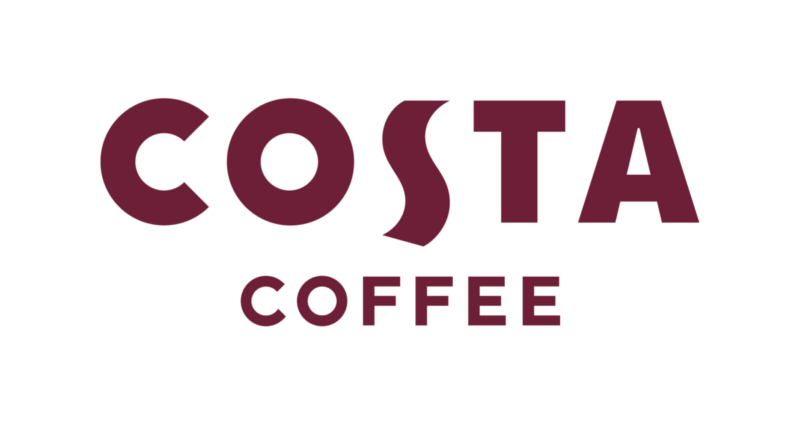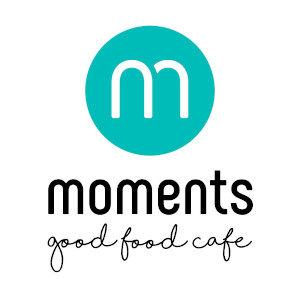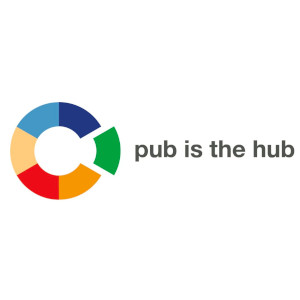Costa’s Chatty Café scheme: a ‘water cooler’ for business nurseries
Learning from each other’s experience plays a big part in Incubators and Accelerators, so I am often surprised that some of them have no cafeteria-type space for encouraging participants to meet and hob-nob with one another; and others make poor use of such spaces.
Costa (of coffee fame) has just launched its Chatty Café Scheme, which provides Chatter and Natter tables, designed to encourage people to sit [together] and chat with one another over a coffee (the idea inspired by their sociability).
YCombinator and Watershed in Bristol both have their participants meet regularly for a meal, at which each person has to talk about their progress, problems and plans; and you can then button-hole someone with a similar issue and pick their brains.
The offices of Uden Films in London were designed with cafe facilities at both ends of every corridor, where everyone could both make and drink their coffee.
Where Accelerators and Incubators do provide cafeterias, their tables are usually arranged for people who want a quick coffee, perhaps with their colleagues, rather than for making acquaintances. Using Costa’s innovation could encourage more hob-nobbing.
One university’s incubator provided a complete kitchen/diner (with long table and benches), where participants could both prepare and eat or drink together, prolonging the time they spent there and thus their opportunity to hob-nob. It was no accident that the Incubator’s manager was a delightful and chatty matron, and probably a good cook too! (Where providing board games might work in a Costa, juicy business updates might be more attractive to entrepreneurs.)
‘Free coffee’ mornings and ‘free beer’ evenings bring people together, but they depend upon chance in a way that purposed groups do not. Action learning-type groups like those of Vistage (for comparable executives in business) and the Belgian Plato programme (for CEOs of comparable small businesses) offer a similar model. These provide opportunities for participants to talk briefly about their progress, problems and plans, and for others in the small groups to offer ideas from their own experience – an approach that has been adopted at Daresbury’s Innovation Centre.
Speed-dating is often used to help entrepreneurs to identify mentors who seem likely to be able to help them. Several new websites have addressed the issue of how better to enable people with reciprocal interests to get together: Bumble Bizz is ‘designed for networking and mentoring’; Mastodon calls itself ‘a decentralised social network’; and Nextdoor is ‘a private social network for your neighbourhood community’.
In a good conversation, you never know what you might get out of it! Costa’s innovation could lead to whole new tranches of support for young businesses in Incubators and Accelerators.
To read more from John Whatmore please visit his website Applied Creativity which can be found at:
https://johnwhatmore.com/







